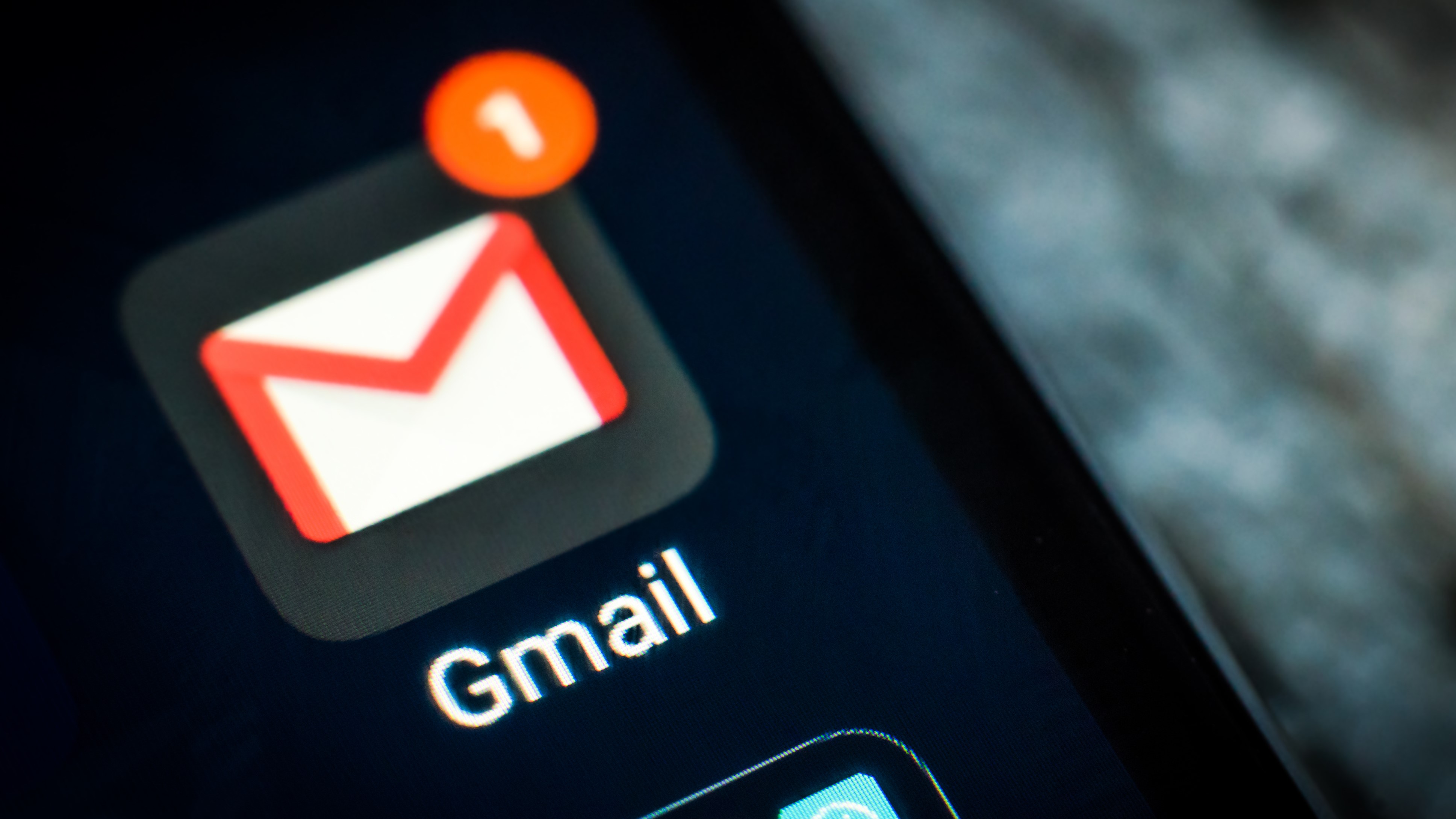Gmail caught mixing ads with regular emails, annoying many on the internet
No longer confined to the Promotions tab

Sign up for breaking news, reviews, opinion, top tech deals, and more.
You are now subscribed
Your newsletter sign-up was successful
Do you like ads in your Gmail account? No? Well, too bad because it looks like we’re going to get even more. Screenshots from across the internet show users getting way more ads than usual on Gmail for desktop and mobile.
Advertisements are nothing new to Gmail, but they’re normally tucked away at the top of the Promotions and Social tabs where they can be easily ignored. The new placement, however, changes all that, integrating ads in between actual emails.
As a result, it’s much harder to tell the difference between the two at a glance even if they have an Ad icon signifying them as such.
Intrusive ads
Looking at screenshots on Twitter, there doesn't appear to be any specific targeting behind the ads. It appears to be all at random. One user showed he had ads from Edible Arrangements and a job listing from the U.S. Border Patrol. Another had a combination of Amazon and KFC. The intrusiveness is also pretty egregious on smartphones as some have gotten images alongside the ads taking up even more space.
It is worth pointing out that this Zerg Rush of advertisements isn’t affecting every single user. Personally, we didn’t see any changes on Gmail for desktop. Everything was business as usual. We did, however, see more ads than usual in the Promotions on the mobile version, although there were no extra images.
Google's going ham with Gmail ads now pic.twitter.com/7ls0wTHoNRMay 2, 2023
Benefit of the doubt
Now, to be fair to Google, it’s possible none of this is being done on purpose. In a response to an upset user, the official Gmail account on Twitter said the sudden influx of ads doesn’t “sound good” and asked them to send feedback via the Gmail Help tool. There also have been instances this year where bad actors would hijack the Google Ads network to push adult content to “unsuspecting victims”. In one instance, hackers were so bold to push malware onto people.
On the other hand, it’s not like Google is innocent either. 80 percent of the company’s revenue comes from digital ads, according to The Guardian. So the tech giant has more than enough reason to create new ways for businesses to advertise. In a recent report, The Financial Times “claims to have seen an internal presentation” where the tech giant aims to use generative AI to create original advertisements drawing “from those already created by human hands.”
Sign up for breaking news, reviews, opinion, top tech deals, and more.
We would love to give Google the benefit of the doubt that this is another hijacking or some internal accident and not the start of another advertising program. At the time of this writing, the only official word we’ve heard so far is the tweet from earlier. So, we asked Google if they would like to make a statement about these ads appearing inside Gmail accounts. We’ll update this story if we hear back.
Be sure to check out TechRadar’s recently updated list on the best ad blocker of 2023. We have a feeling you might need one.
Update 5-11-23: Responding to the recent controversy, a Google spokesperson gave us the following statement: "We are always experimenting with formats and working on ways to help people discover and connect with new businesses. The Promotions tab shows promotional emails from businesses that people subscribe to, as well as offer and feal from companies people might like. We rolled out instream ads in the Promotions tab last year across mobile and in the past month expanded to desktop as well." So, it appears Google is trying out a new way to serve ads by expanding current systems. Whether or not these instream ads will stick around long term remains to be seen. That same spokesperson also told us users can "change their ad personalization preferences" through the My Ad Center website.

Cesar Cadenas has been writing about the tech industry for several years now specializing in consumer electronics, entertainment devices, Windows, and the gaming industry. But he’s also passionate about smartphones, GPUs, and cybersecurity.